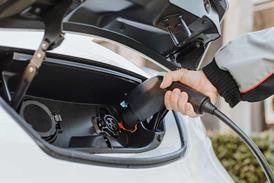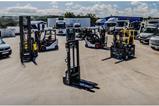As the demand for long-distance electric transportation rises, a collaborative study in France projects a substantial need for charging infrastructure, with an annual demand of 3.5 terawatt-hours (TWh) by 2035. This study, set to issue its formal report at the end of 2023, involving key industry players and truck manufacturers, underscores the importance of accelerating the electrification of heavy-duty transport and highlights the pivotal role of charging infrastructure in facilitating the adoption of electric heavy vehicles for extended journeys.
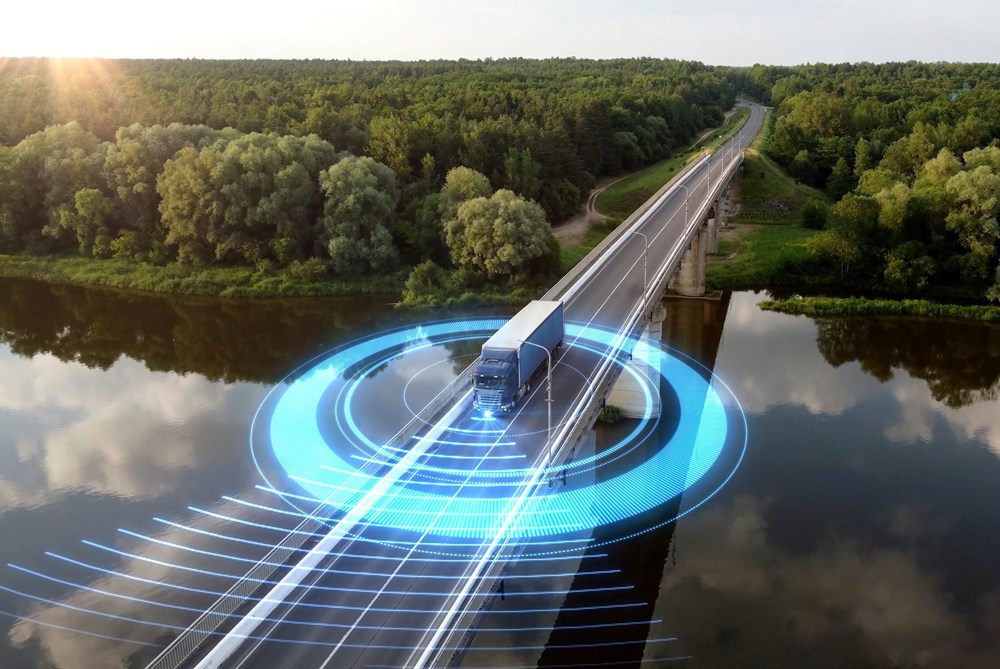
An ongoing study has revealed the demand for roaming charging infrastructure along the main roads in France for long-distance electric transport could reach up to 3.5 terawatt-hours (TWh) per year by 2035. This study is a collaborative effort involving French Distribution System Operator (DSO) Enedis, VINCI Autoroutes, TotalEnergies, and six major European truck manufacturers, including Volvo Trucks, Renault Trucks, Mercedes-Benz Trucks, MAN Truck & Bus France, Scania, and Iveco.
The primary objective of this study is to evaluate the electric charging infrastructure requirements for heavyweight electric vehicles, with a focus on identifying the necessary power capacity and charging infrastructure along major French roads. The study aims to facilitate the widespread adoption of electric heavy vehicles for long-distance transportation and provide insights for the development of the electrical grid.
Preliminary findings from the study project a demand of 3.5 TWh of electricity annually, which would also lead to a maximum power requirement of up to 1.15 gigawatts (GW) during peak periods, as reported by Enedis in a press release.
Enedis states that while this increase in energy consumption and power demand is significant, it can be integrated into the network without major challenges.
Meeting these demands would necessitate the deployment of nearly 10,000 CCS1-type charging stations for long breaks and 2,200 MCS2-type fast charging points (HPC) by 2035. These projections take into account a “high” scenario, assuming that by 2035, 30% of the heavy vehicle fleet will be electric, and electric heavy vehicles will account for 25% of long-distance journeys.


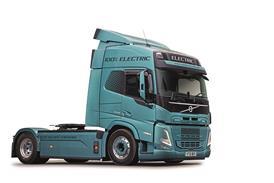

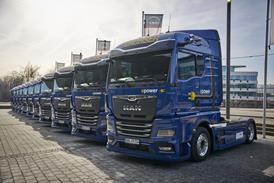







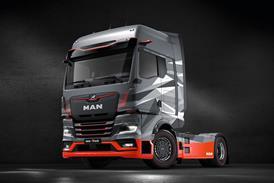
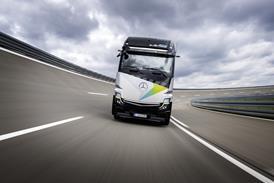
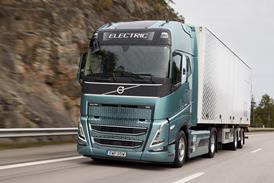

![Mercedes-Benz_eActros_600_(1)[1]](https://d2cohhpa0jt4tw.cloudfront.net/Pictures/274x183/8/1/8/17818_mercedesbenz_eactros_600_11_556244.jpg)

